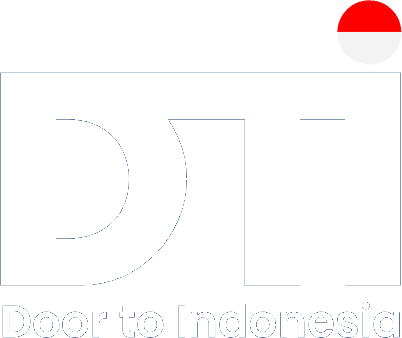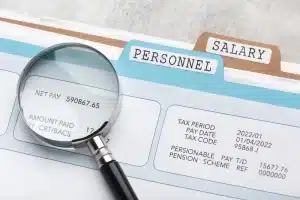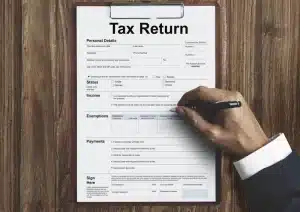Living and working in Indonesia automatically makes an expat a resident tax subject. Among all the taxes, one that is closely related to the occupation of these foreign workers is personal income tax. The requirement to pay this tax is an obligation that cannot be avoided.
As an expat, you need to make sure that you have all the necessary documents to prove your employment legitimacy. To further solidify your status as a resident who actively gains income on Indonesian soil, you need to have a tax identification number (NPWP) and pay taxes like the citizens of the country.
Then, how does the personal income tax procedure go? Before getting to the main focus of this topic, let’s learn about what it is and the types of taxes that you must pay for your residency status in Indonesia.
What is Personal Income Tax?
Just as the name indicates, personal income tax refers to the tax that has to be paid by an individual, not an institution. It means that the taxpayer has to be registered with the tax office in order to comply with the tax regulations.
As an employee of an Indonesian company, you need to get Form 1721-A1 from your employer and include it in your personal annual income tax return. Other than that, you need to calculate the personal tax based on the salaries classified as gross and net.
To be registered as a legal taxpayer, you will need a tax identification number (NPWP). The way to get it is to provide the following documents at the local tax office or online:
- A tax registration form that has been filled.
- A copy of your passport.
- A copy of your work and resident permit (KITAS/ITAS).
- A domicile certificate of yours and your employer.
- A copy of your employer’s NPWP.
Expat income tax is only applicable to foreign nationals who hold residence permits and actively work to gain income in Indonesia. The other major consideration is that you must spend more than 183 days in Indonesia in a year to be eligible to be a resident taxpayer.
Read also: ITAP: A Permanent Residence Permit for Living in Indonesia
The Basis of Personal Income Tax
As an expat, you are required to pay an income tax that becomes your responsibility. In this case, the Indonesian tax authorities have implemented the system based on the regulations that ensure the tax payment is processed accordingly.
A foreign employee who has a work permit (KITAS or ITAS) is subject to PPh 21 income tax. It means that your employer will automatically deduct the tax from your salary and send it directly to the tax office.
PPh 21 implements the progressive tax rate system. In other words, your tax rate will automatically increase as your income grows. These are the types of income that are subject to personal income tax:
- Income from employment.
- Income from rental properties.
- Capital gains from properties.
- Passive incomes; royalties, interest, insurance payouts, and dividends.
What about foreign investors who hold KITAS/ITAS? The obligation to register for a tax identification number is not applicable to them. Nonetheless, it’s important to note that paying taxes without an NPWP will require you to pay a 20% surcharge.
When Should You Pay Your Personal Income Tax?
An expat income tax should be paid before lodging for the tax return is completed. Make sure to note that the annual tax return runs from January 1st to December 31st, while the latest date to submit your tax return is March 31st.
What happens if you can’t pay your taxes on time? Any late payment is subject to interest penalty which is based on initial guidance from the Minister of Finance and is determined on a monthly basis.
How to Submit Tax Returns
At this point, you must have remembered the important dates for tax payment and return file submission. One thing you should still take note of is the annual tax return, which is especially important for your tax process.
In order to file a tax return, you need to provide the required documents, such as:
- Tax payment slips showing the payment has been made according to the calculation
- A copy of your employer’s Certificate of Income Tax on Earnings (form 1721-A1)
- A letter from the tax representative that gives you the authority to submit the tax return
- A list of dependents
- A list of assets and liabilities
- Supporting documents for foreign tax that has been successfully paid
So, this part marks the end of the short guide to personal income tax for expats in Indonesia. As an expat, adjusting to the tax system here must be quite foreign to you at first.
To ensure your tax payment doesn’t encounter any problems, you can use DoorToID’s service. DoorToID is a one-stop service solution for foreign nationals who intend to reside and actively work in Indonesia.
If you have some questions regarding the NPWP’s registration process and how to deal with your tax, you can contact DoorToID to get quick, professional, and transparent assistance.
Read also: Indonesia Immigration: Know-How about Visa Applications




